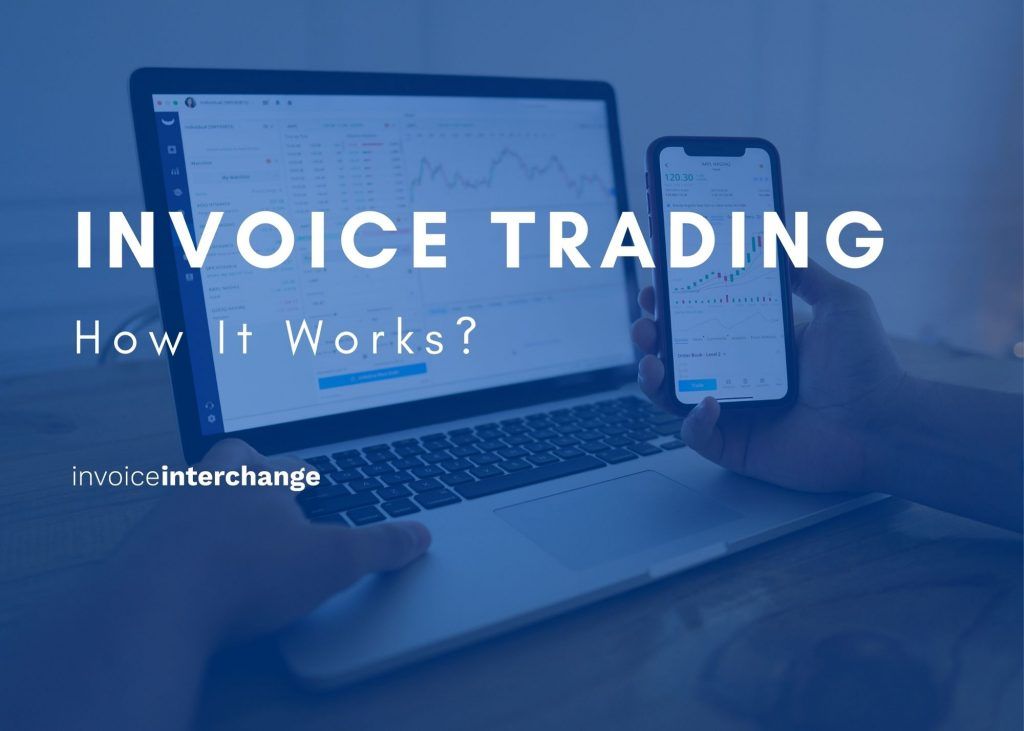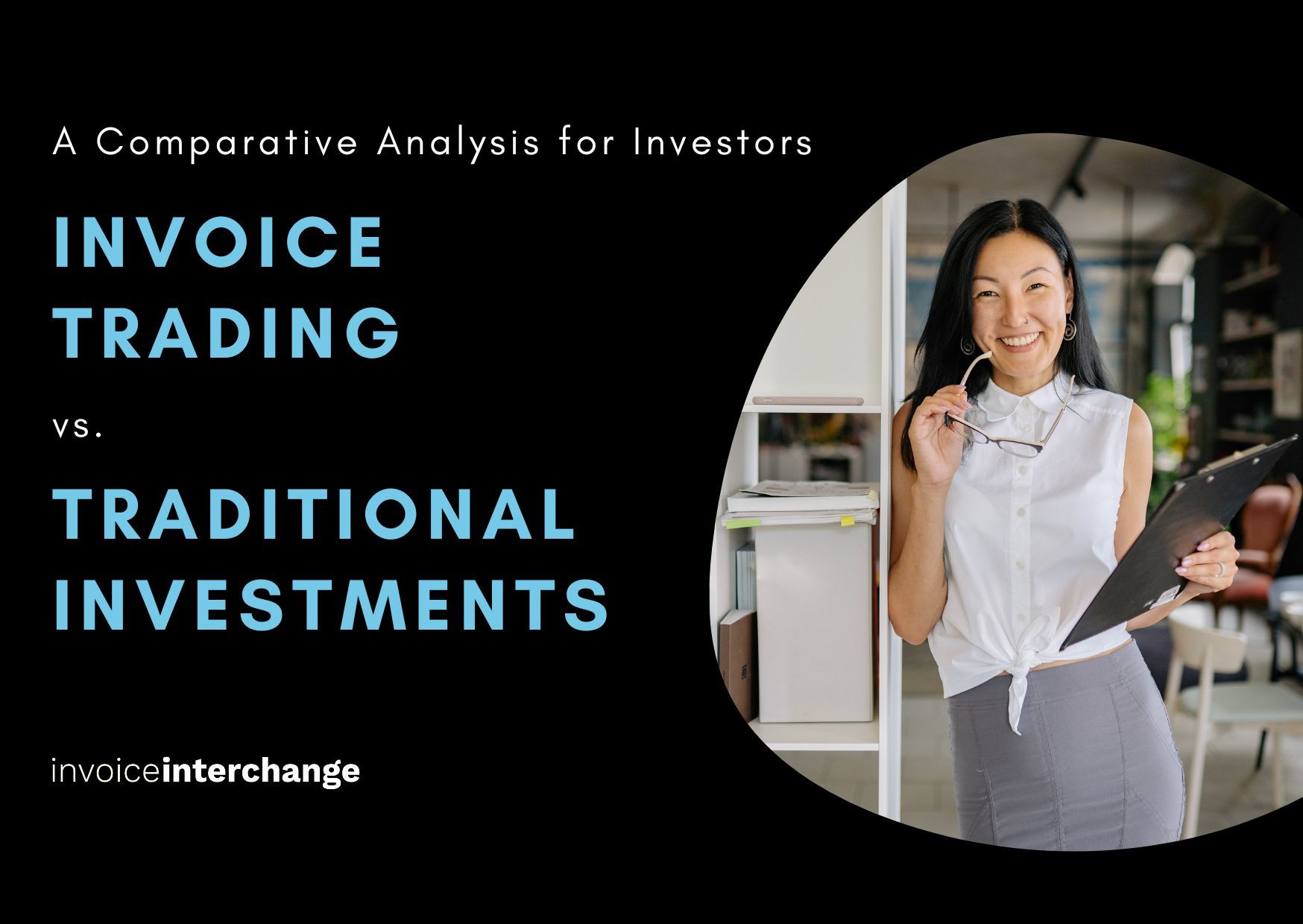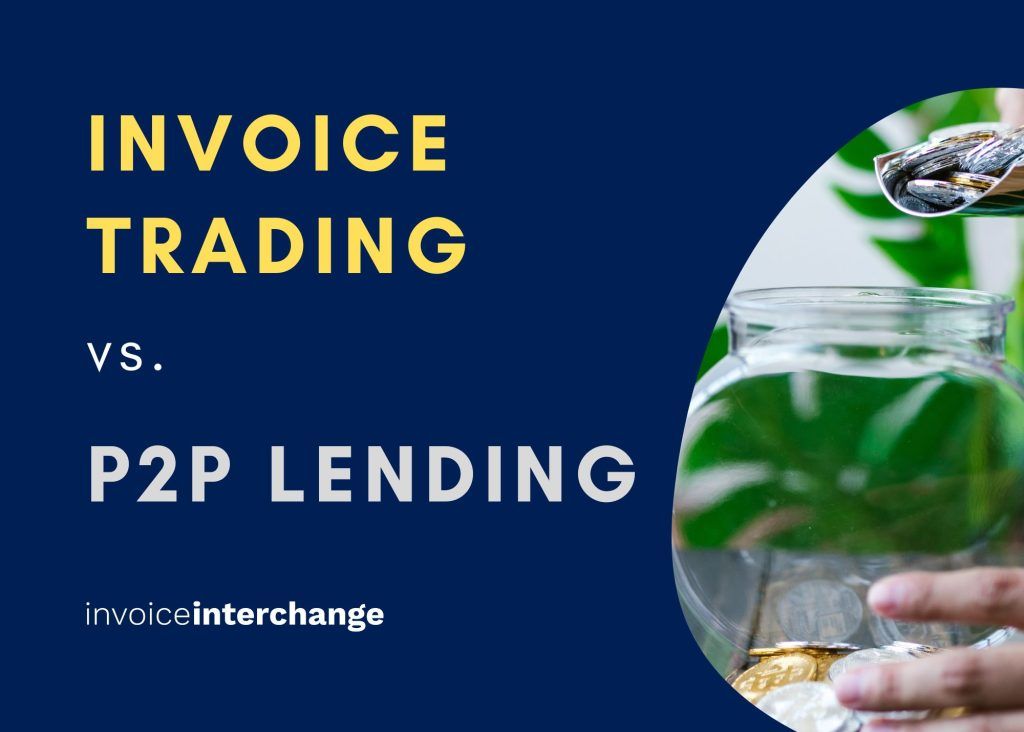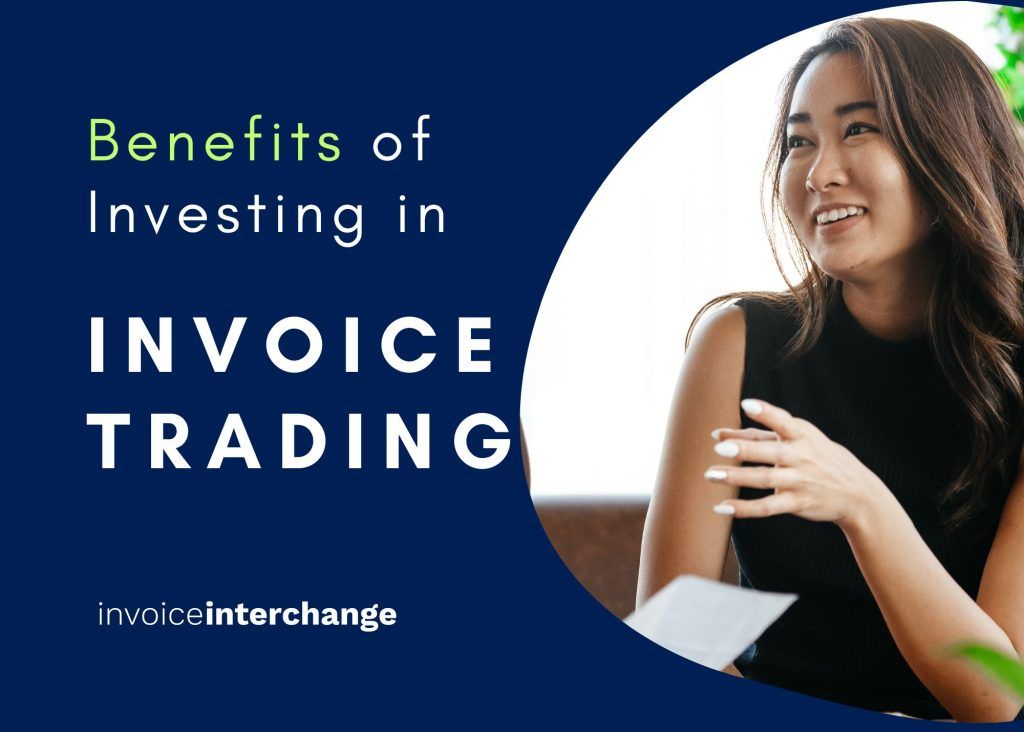
A Guide to Invoice Trading – Alternative Investment
The popularity of alternative investments has been growing steadily as investors look to diversify their portfolios in light of the current stock market volatility. Today we will give you a guide to invoice trading as an alternative investment option.
What is Alternative Investment?
Alternative investment is a financial asset that does not fall into one of the conventional investment categories, being: stocks, bonds, and cash. Examples of alternative investments are:
- Private Equity
- Venture Capital
- Market lending to consumers or businesses, including invoices, loans
- Real estate
- Arts
What is Invoice Trading?
Invoice trading allows businesses to sell their outstanding customer invoices to a network of investors over an online platform to obtain immediate cash. The mechanism is similar to that of a marketplace or peer-to-peer (P2P) lending where investors can deploy funds via an online platform for a return.
How Does It Work?
Businesses will go through a credit assessment process before becoming a member of the invoice trading platform. Once approved, an invoice finance facility is set up and the client’s relevant debtors will be asked to make payments to the invoice trading platform’s bank account going forward.
As and when a business requires additional cash injection, they can submit their outstanding invoices on the platform for funding. Once verified, the invoices will then become available to investors to purchase.
Investors can opt to buy a portion of these invoices on a first come first serve basis. Funds are then transferred to the business within 24 hours. Advance rates are usually between 70%-90% depending on the risk profile. This means businesses will receive up to 90% of the invoice value upfront instead of waiting 30, 60, 90 days to be paid by their customer.
Once the debtor pays the invoice, the initial advance plus interest will be returned to investors. The remaining balance will be disbursed to the business client.
Why invest in Invoice Trading?
Invoice trading offers many advantages for both businesses and investors. Businesses now have access to fast and flexible funding with funds landing in their bank account within 24 hours.
On the other hand, investors can diversify their investment portfolio with exposure to a short-term (typically 20-90 days) and liquid asset class with risk-adjusted returns. The investment is backed by a trade receivable as the underlying asset class and as security.
InvoiceInterchange offers Invoice Trading in both Singapore and Australia and has been a trusted finance partner to clients since 2015. We offer customised cash flow solutions to businesses for both domestic and export invoices. Unlike traditional financiers, there is no obligation to sell all invoices, no minimum fees, and no contract lock-ins.
Let’s get started, speak to one of our team members to see how we can support your business cash flow needs.
Related Articles

Invoice Trading vs. Traditional Investments: A Comparative Analysis for Investors

Invoice Trading vs P2P Lending
